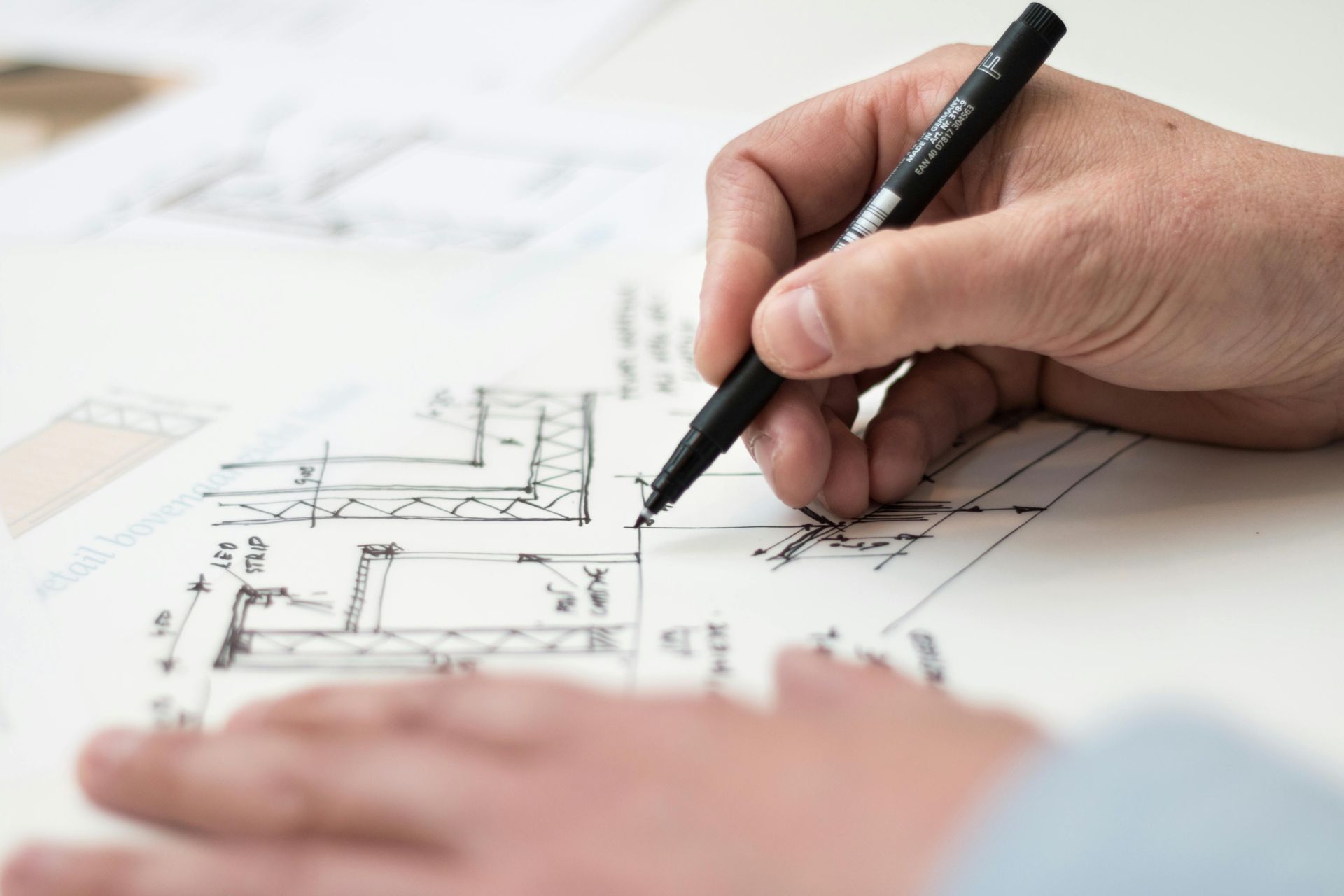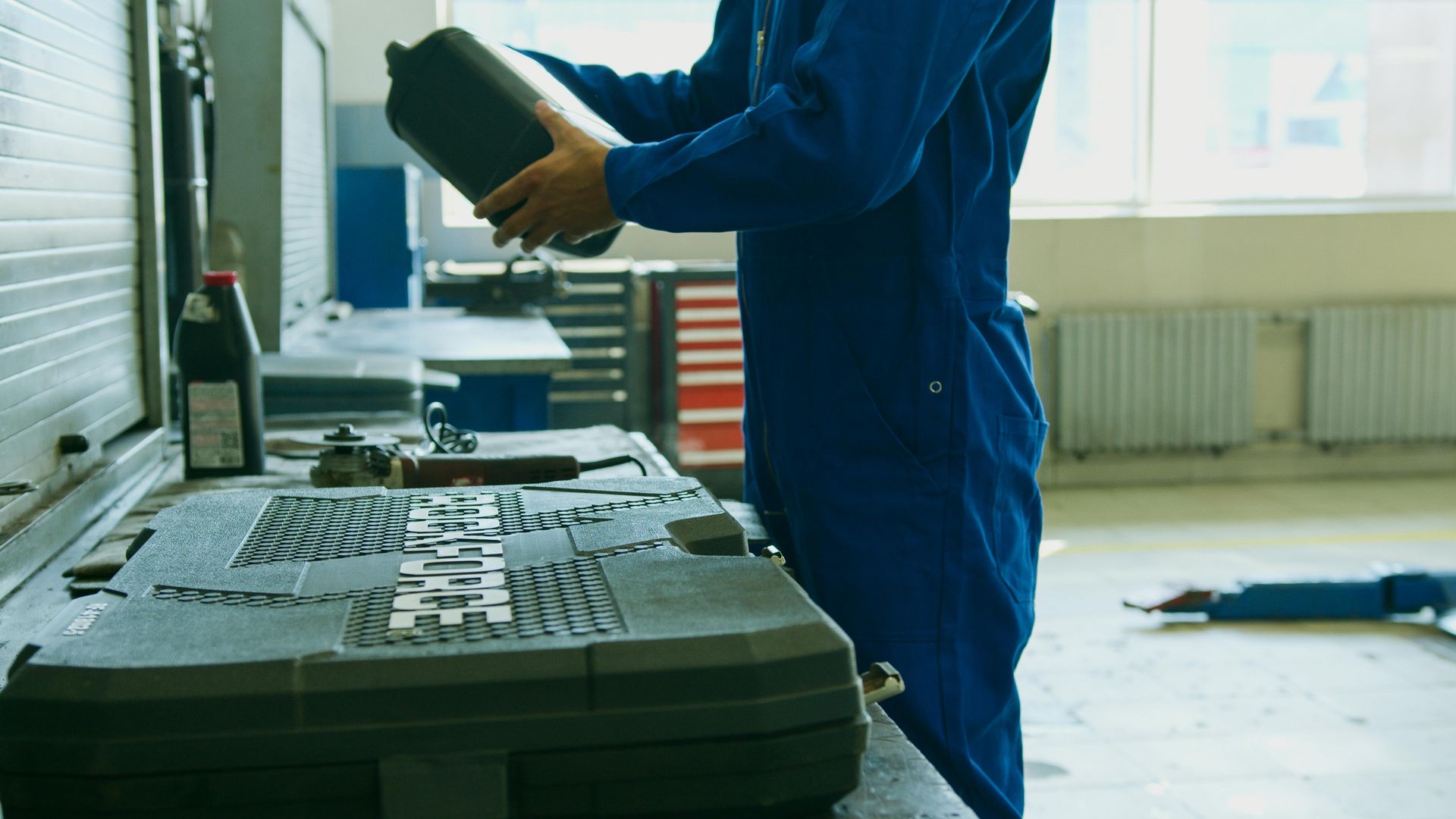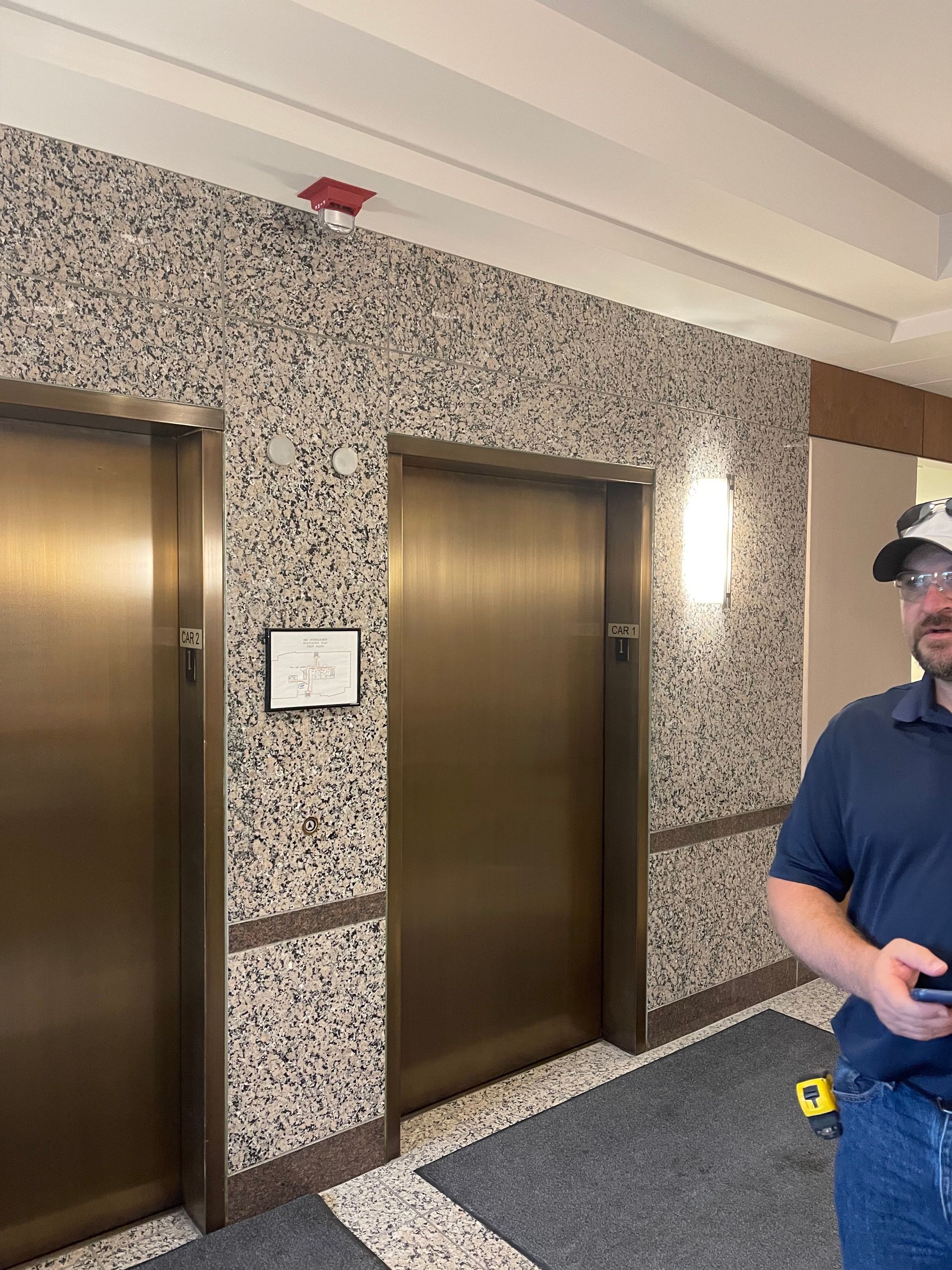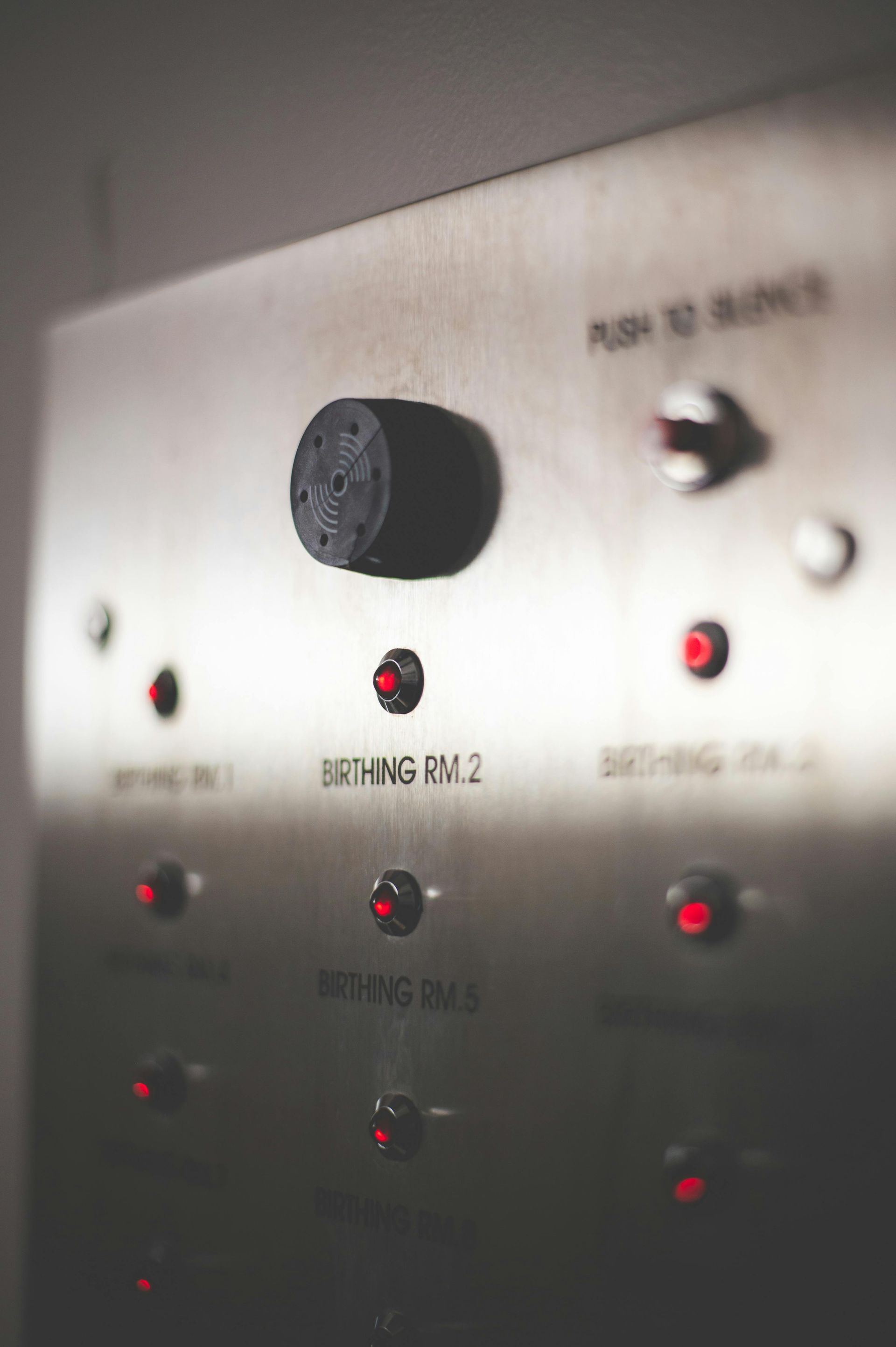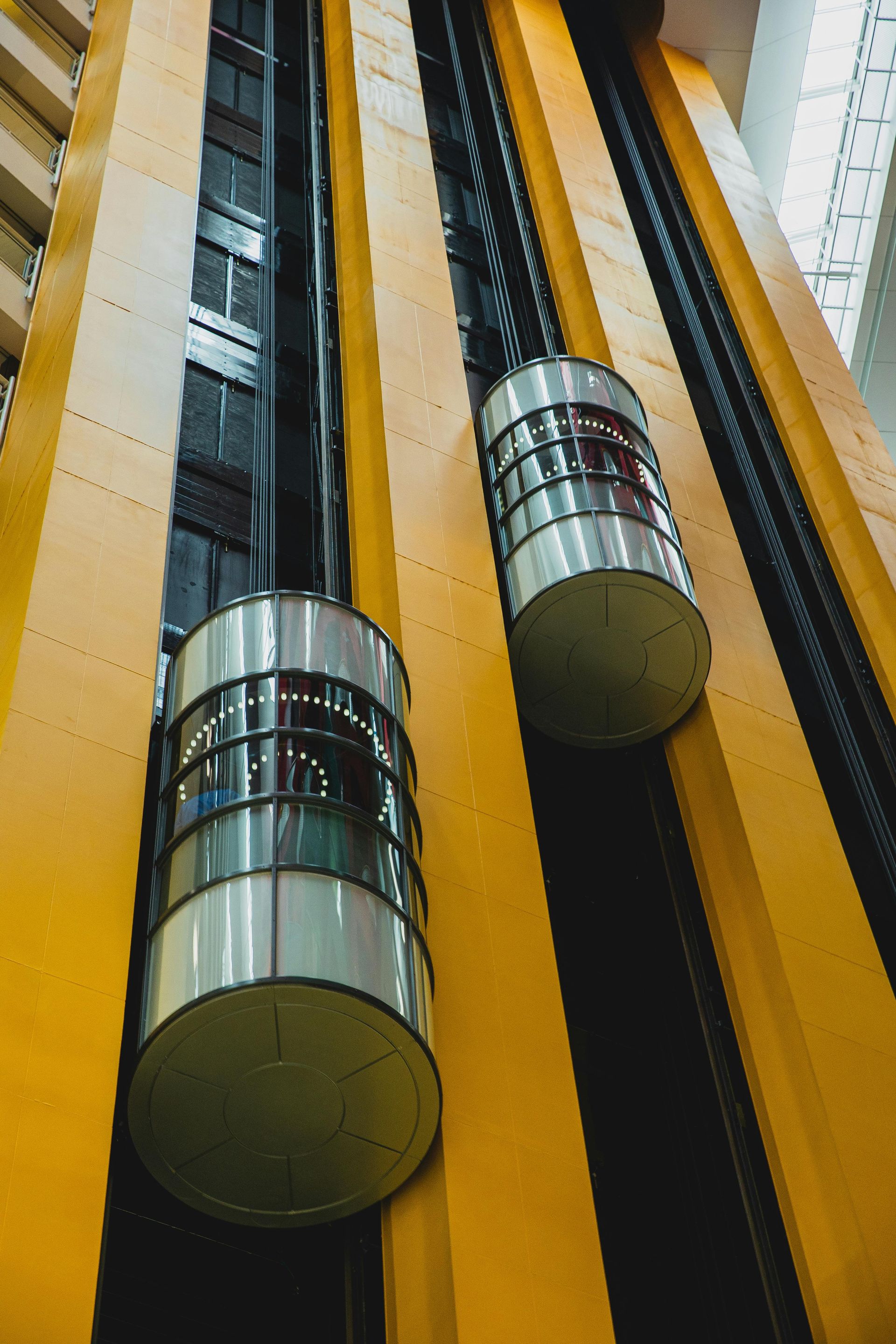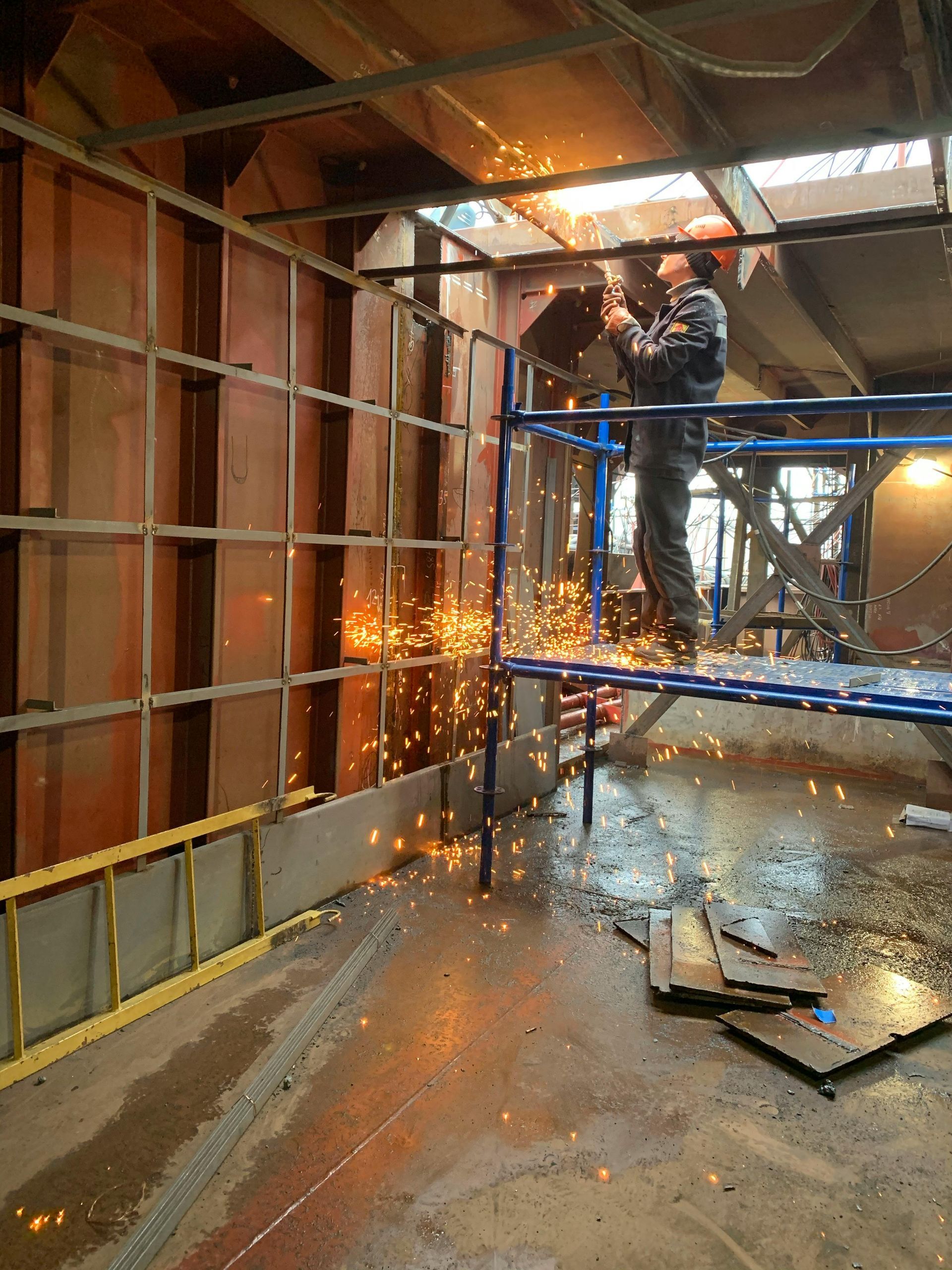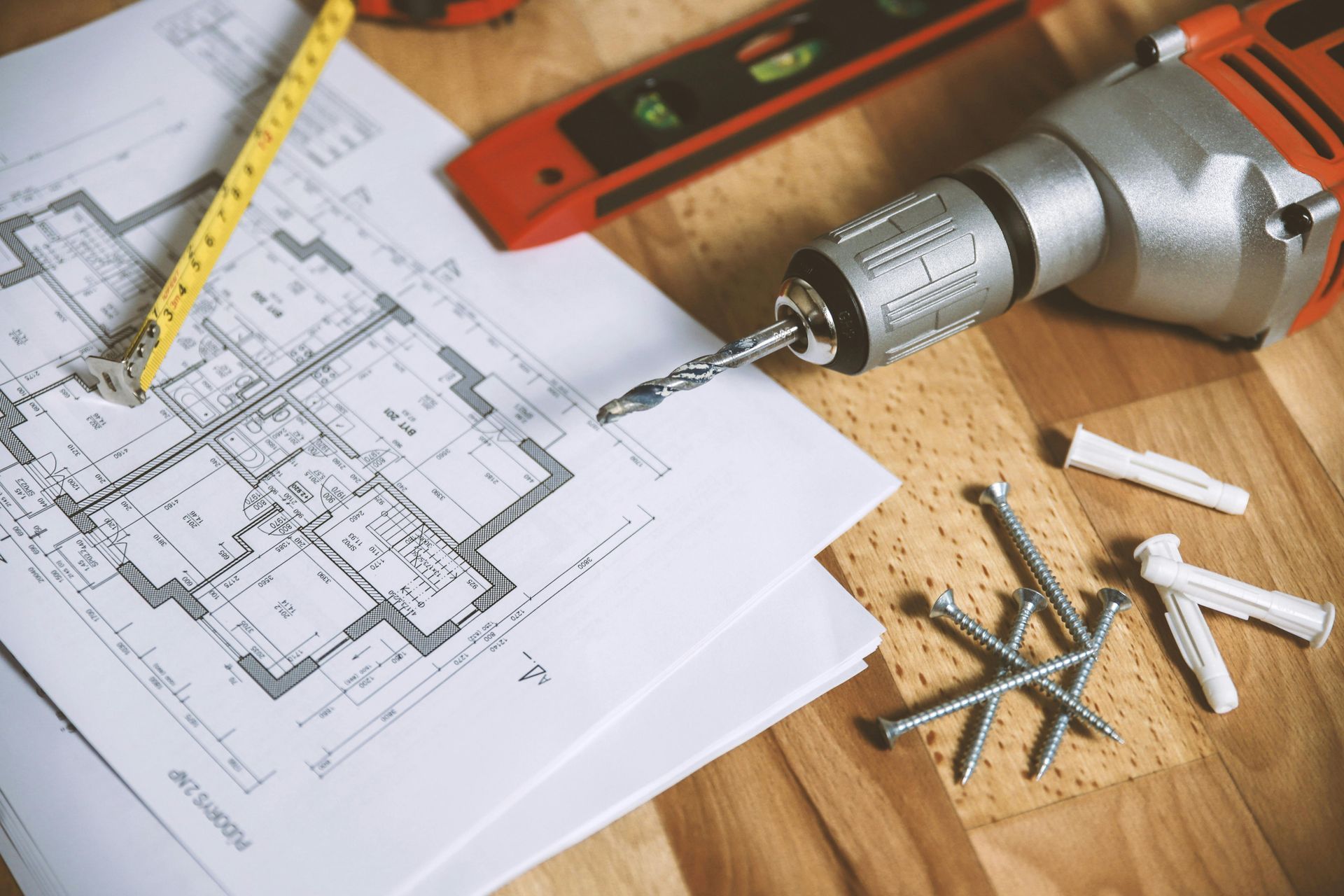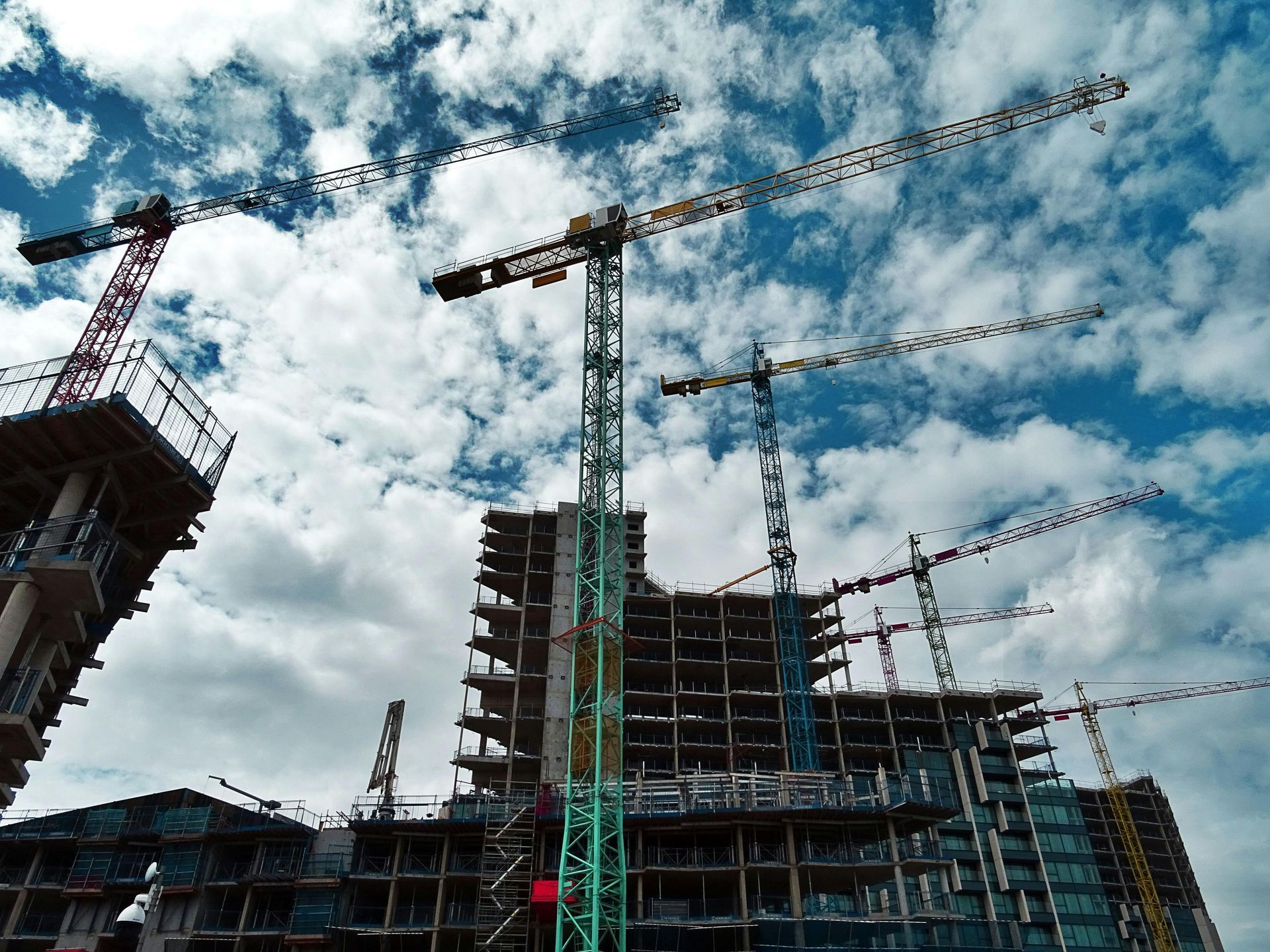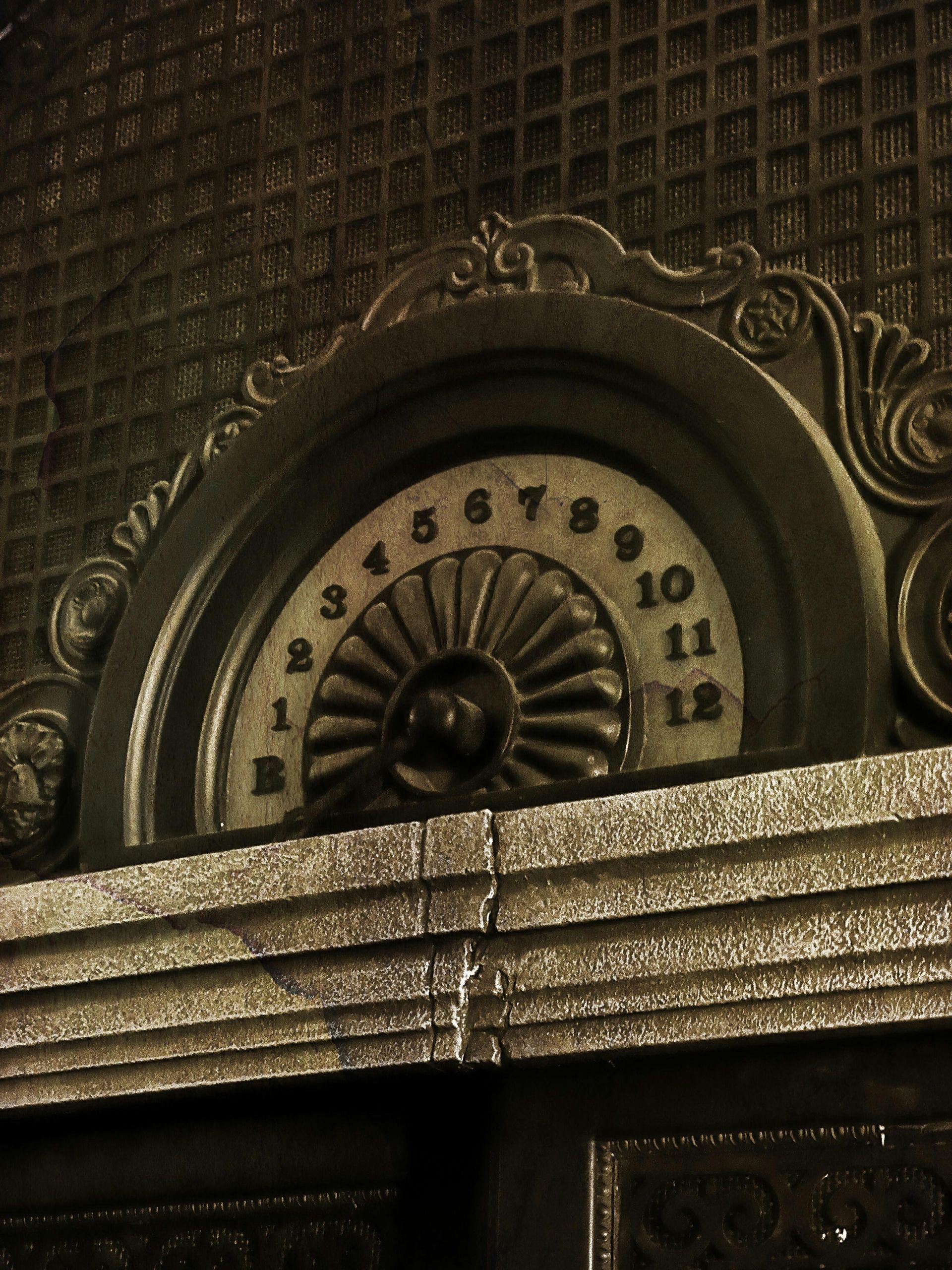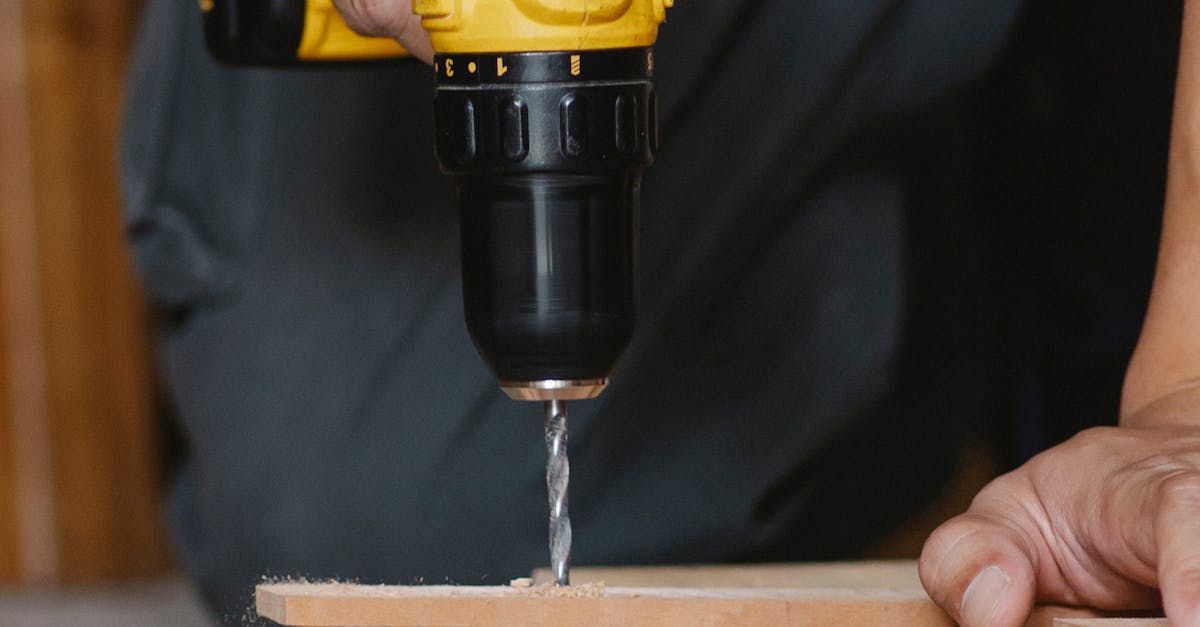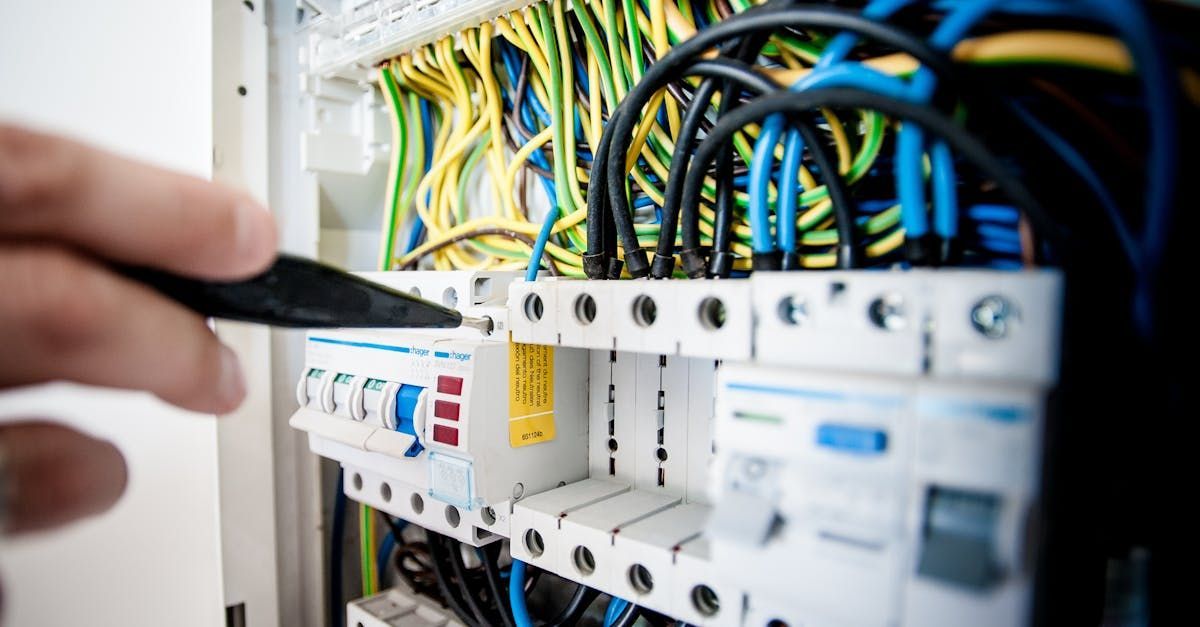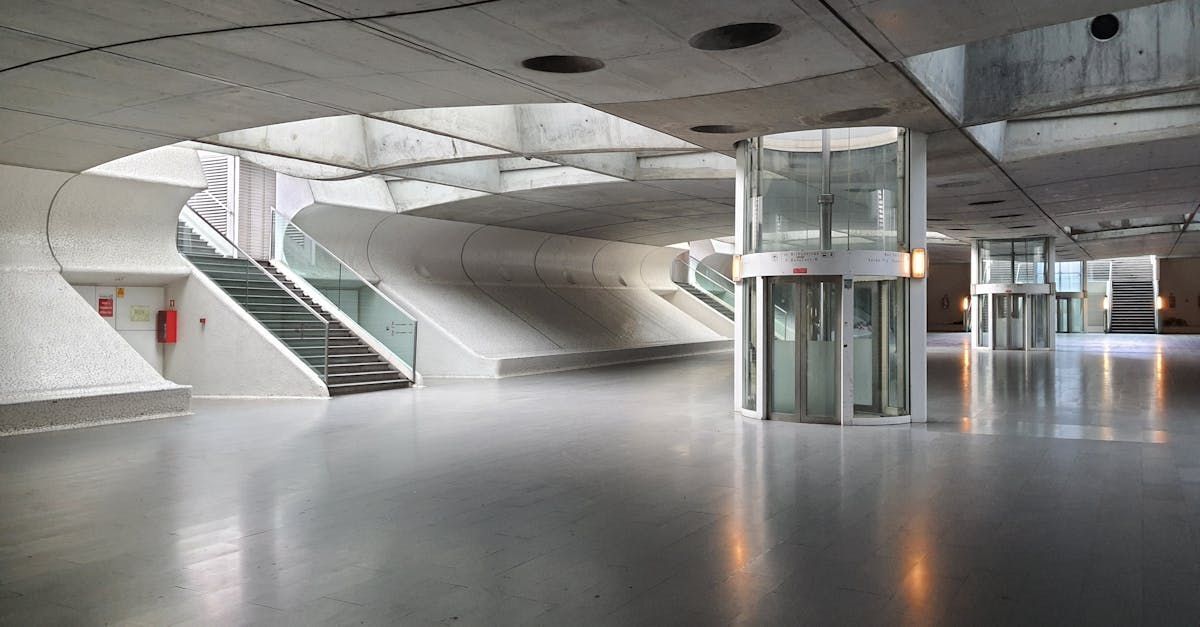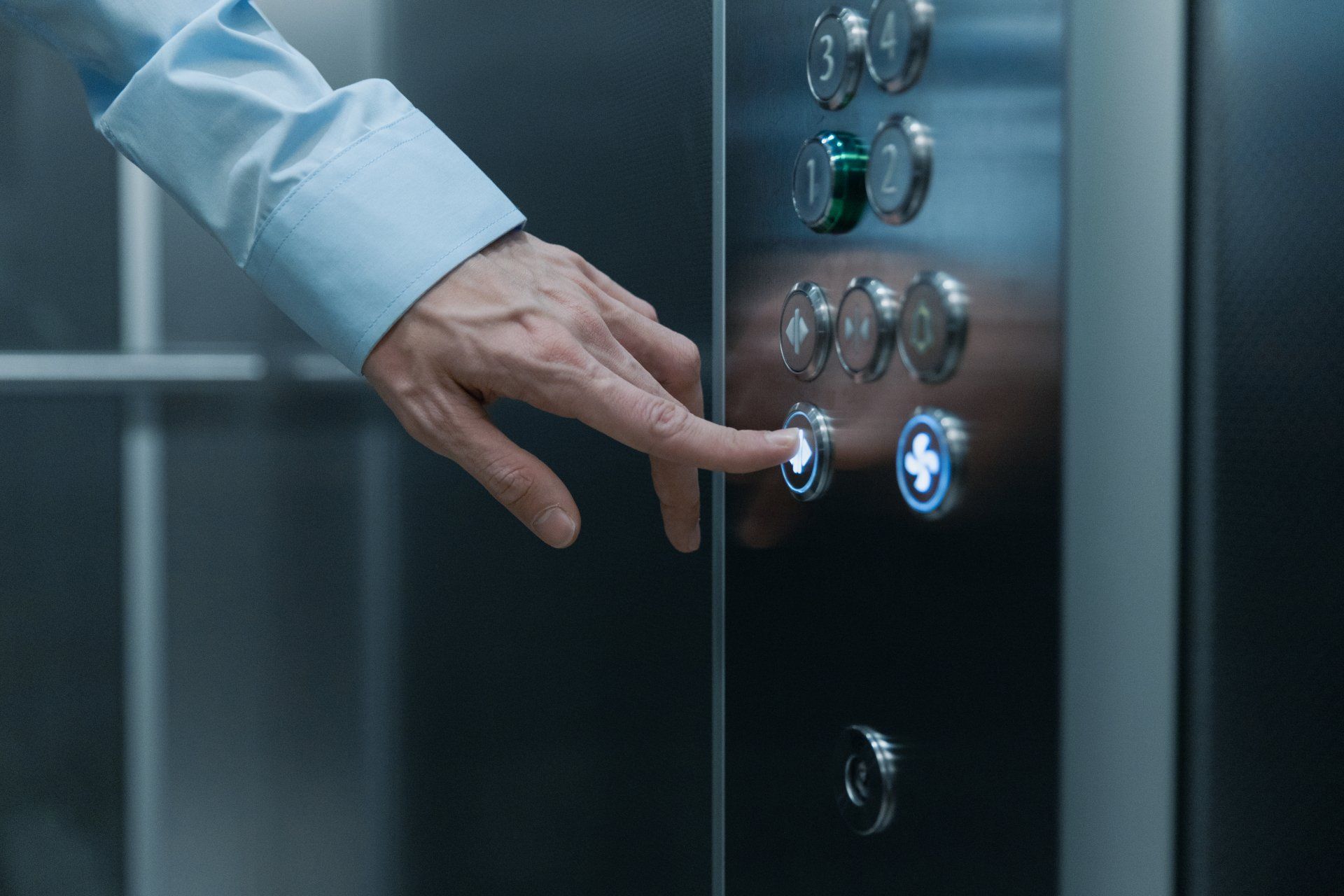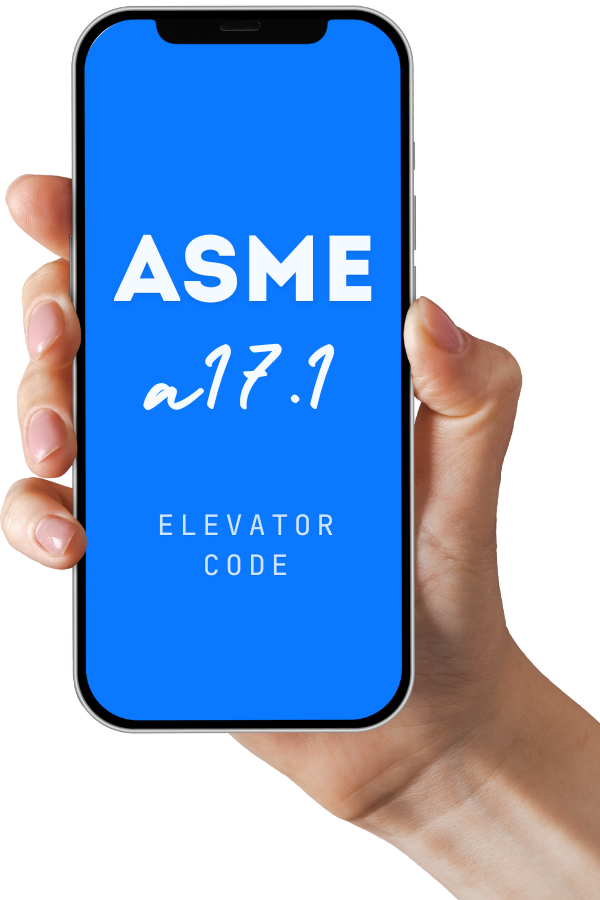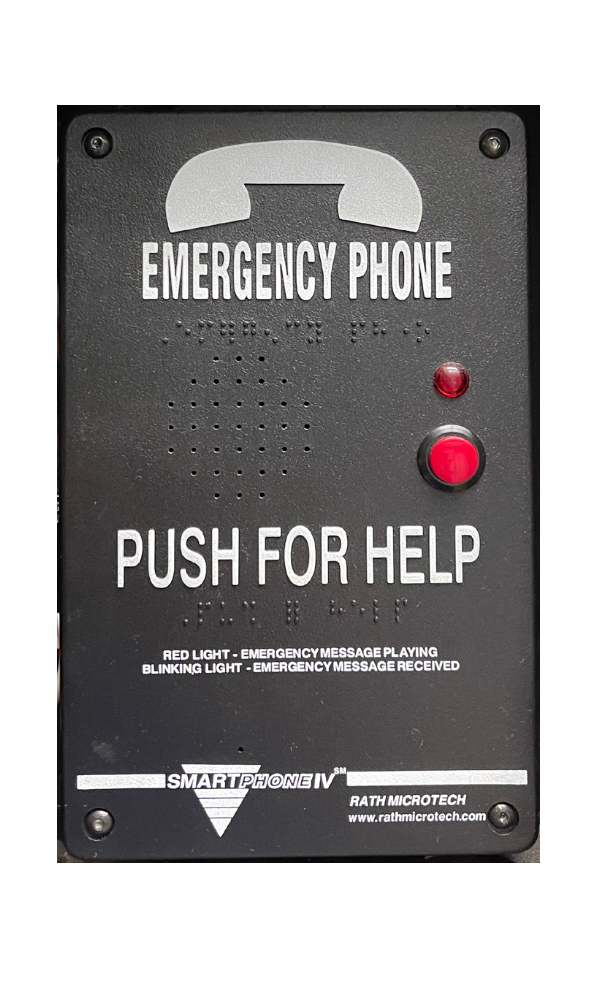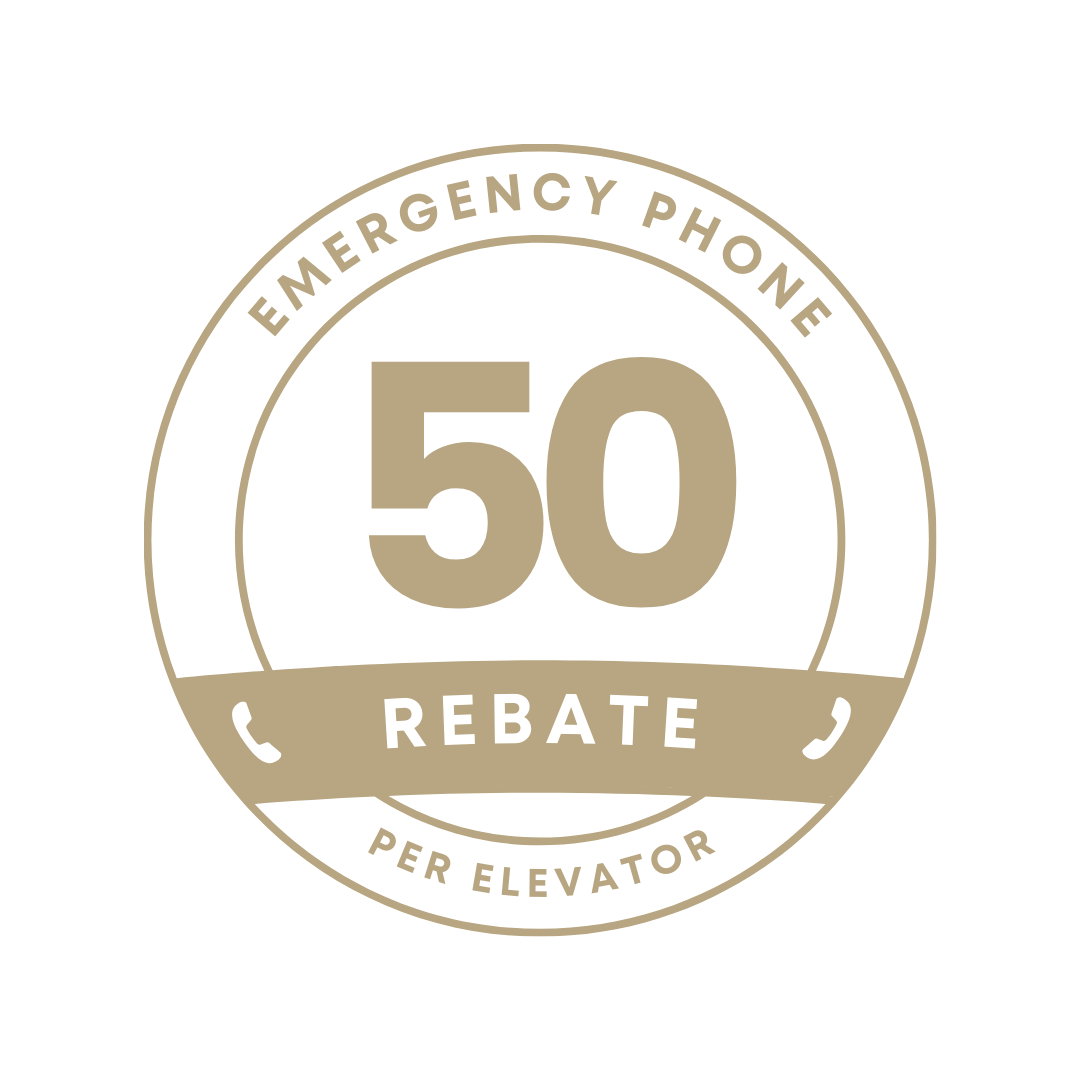Are Elevator Consulting Companies Expensive?
Key Highlights
- Elevator consulting services play a crucial role in ensuring the optimal of vertical transportation systems.
- Cost-benefit analysis shows that hiring elevator can lead to long-term savings and efficiency- Elevator modernization is a key service offered by elevator consulting companies, which can result in significant cost reduction.
- Factors such as the scope of the project, complexity of elevator systems, and level of expertise can influence the cost of elevator consulting.
- Elevator consulting firms provide a range of services including elevator maintenance, due diligence, and consulting services, among others.
- Elevator consulting companies provide valuable services that can greatly impact the performance and efficiency of vertical transportation systems. These services can involve cost-benefit analysis, elevator modernization, and elevator cost reduction, among others. By understanding the key highlights of elevator consulting, building owners and property managers can make informed decisions regarding their elevator systems.
- One of the main benefits of elevator consulting services is the cost-benefit analysis they provide. This analysis helps determine the financial impact of various decisions related to elevators, such as modernization or maintenance. By conducting a cost-benefit analysis, elevator consulting companies can identify opportunities for long-term savings and efficiency improvements. This can result in reduced operating costs and increased property value.
- Elevator modernization is another important service offered by elevator consulting companies. Elevator systems can become outdated over time, leading to decreased performance and increased maintenance costs. Elevator consultants assess the current state of an elevator system and recommend modernization measures to improve its efficiency, safety, and reliability. This can include upgrading the elevator's mechanical components, control systems, and aesthetics. By modernizing their elevators, building owners can not only enhance the experience for occupants but also reduce long-term maintenance and repair expenses.
- In addition to elevator modernization, elevator consulting firms offer a range of services to meet the diverse needs of their clients. These services can include elevator maintenance, due diligence evaluations, and consulting services. Elevator maintenance involves regular inspections, repairs, and preventive maintenance to ensure the safe and reliable operation of elevator systems. Due diligence evaluations are crucial when buying or selling a building, as they expose any neglect or code compliance issues related to elevators. Consulting services cover a wide range of areas, including project management, traffic analysis, and contract negotiation, to name a few.
Introduction
Elevators play a vital role in vertical transportation systems, providing a convenient and efficient means of moving people and goods within buildings. However, maintaining and optimizing elevators can be a complex task, requiring specialized knowledge and expertise. This is where elevator consulting companies come in. These firms offer a wide range of services aimed at improving the performance, efficiency, and safety of elevator systems. While some may question the cost of hiring elevator consultants, it is important to understand the value they bring and the potential long-term savings they can generate.
Understanding Elevator Consulting Services
Elevator consulting services are designed to provide expert guidance and support to building owners, property managers, and other stakeholders in the elevator industry. These services cover various aspects of vertical transportation and can range from routine maintenance to complex modernization projects. Elevator consultants possess in-depth knowledge and experience in elevators and vertical transportation systems, allowing them to provide valuable insights and recommendations. By leveraging their expertise, clients can optimize the performance and efficiency of their elevator systems while ensuring compliance with industry standards and regulations.
The Role of Elevator Consultants
Elevator consultants serve as elevator experts, offering their specialized knowledge and skills to help clients effectively manage their vertical transportation assets. They play a crucial role in ensuring that elevators are safe, reliable, and in compliance with relevant codes and regulations. Elevator consultants conduct thorough evaluations of elevator systems, identifying areas of improvement and recommending appropriate solutions. They also assist clients in making informed decisions regarding elevator maintenance, modernization, and other related projects. By partnering with elevator consultants, clients can benefit from their expertise and guidance, ultimately enhancing the performance and value of their elevator systems.
Types of Services Offered
Elevator consulting companies offer a wide range of services to meet the diverse needs of their clients. Some of the key services provided include:
- Elevator maintenance: This involves regular inspections, repairs, and preventive maintenance to ensure the safe and efficient operation of elevator systems.
- Elevator modernization: Elevator consultants assess the current state of elevators and recommend modernization measures to improve their performance, energy efficiency, and aesthetics.
- Due diligence evaluations: When buying or selling a building, elevator due diligence evaluations help identify any code compliance issues or maintenance neglect related to elevators.
- Consulting services: Elevator consulting firms provide expert guidance and support on various aspects, including project management, traffic analysis, contract negotiation, and more.
These services are tailored to the specific needs of clients and are aimed at optimizing elevator performance, reducing operational costs, and ensuring compliance with industry standards.
Factors Influencing the Cost of Elevator Consulting
The cost of elevator consulting services can vary depending on several factors. Some of the key factors that influence the cost include:
- Scope of the project: The complexity and scale of the project can impact the cost of elevator consulting services. Larger projects may require more extensive evaluations, planning, and coordination, leading to higher costs.
- Complexity of elevator systems: Elevators in unique buildings with complex systems may require specialized expertise and additional analysis, which can affect the overall cost.
- Level of expertise: The qualifications and experience of elevator consultants can also influence the cost. Consultants with extensive experience and specialized knowledge may charge higher fees for their services.
Scope of the Project
The scope of the project plays a significant role in determining the cost of elevator consulting services. The scope refers to the specific objectives, deliverables, and activities involved in the project. For example, a project focused solely on elevator maintenance may have a different scope and cost compared to a project involving elevator modernization or new construction.
The scope of the project can vary based on factors such as the size of the building, the number of elevators, and the specific needs and goals of the client. Elevator consultants assess the scope of the project and provide a detailed proposal outlining the services to be provided and the associated cost. By clearly defining the scope, clients can better understand the cost implications and make informed decisions regarding their elevator systems.
Complexity of Elevator Systems
The complexity of elevator systems can significantly impact the cost of elevator consulting services. Elevators in unique buildings or structures with complex architectural designs may require additional analysis and expertise. This could include traffic analysis to determine the optimal number and placement of elevators, as well as the evaluation of intricate control systems and mechanical components.
Complex elevator systems often require specialized knowledge and skills to effectively assess their performance, safety, and efficiency. Elevator consultants with experience in handling complex systems may charge higher fees for their services, reflecting the additional time and expertise required.
Cost-Benefit Analysis of Hiring Elevator Consultants
One of the key considerations when assessing the cost of elevator consulting services is the potential long-term savings and benefits they can generate. By conducting a cost-benefit analysis, building owners and property managers can evaluate the financial impact of hiring elevator consultants.
A cost-benefit analysis takes into account various factors, such as the potential for long-term savings through improved efficiency, reduced maintenance costs, and lower insurance claims related to elevator incidents. While the upfront cost of hiring elevator consultants may seem significant, the long-term benefits and savings can outweigh the initial investment.
Long-Term Savings and Efficiency
Hiring elevator consultants can lead to long-term savings and improved efficiency in elevator systems. By conducting thorough evaluations and implementing appropriate measures, elevator consultants can identify opportunities for cost reduction and energy efficiency improvements.
For example, elevator modernization projects recommended by consultants can result in significant energy savings and reduced maintenance costs. Upgrading mechanical components and control systems can improve the performance and reliability of elevators, leading to fewer breakdowns and repair expenses. Additionally, consultants can optimize elevator traffic flow through traffic analysis, ensuring efficient transportation within buildings.
By investing in elevator consulting services and implementing their recommendations, building owners can achieve long-term savings and maximize the efficiency of their elevator systems.
Safety and Compliance Benefits
In addition to cost savings and efficiency improvements, hiring elevator consultants can enhance the safety and compliance of elevator systems. Elevator consultants are well-versed in industry standards and regulations, including building codes and safety requirements. They ensure that elevators are in compliance with these standards, reducing the risk of accidents and liability.
Elevator consultants conduct thorough inspections and evaluations to identify any safety issues or code violations. They provide recommendations and guidance to address these issues, ensuring that elevators are safe for occupants and in line with regulatory requirements. By prioritizing safety and compliance, building owners can mitigate risks and ensure a safe and reliable vertical transportation system.
How to Choose the Right Elevator Consulting Firm
When selecting an elevator consulting firm, due diligence is essential. Building owners and property managers should consider the following factors:
- Evaluating experience and expertise: Look for firms with extensive experience in the elevator industry and a proven track record of successful projects. Consider their expertise in areas relevant to your needs, such as elevator modernization or maintenance.
- Understanding pricing structures: Understand the pricing structure of different firms and compare their fees and services. It's important to evaluate the value provided by the firm rather than solely focusing on the cost.
- Seeking professional elevator advisors: Look for firms that prioritize professionalism, communication, and transparency. A reliable and responsive elevator consulting firm can provide valuable guidance throughout the project.
By conducting thorough due diligence and selecting the right elevator consulting firm, building owners can ensure a successful partnership and maximize the benefits of their elevator systems.
Evaluating Experience and Expertise
When choosing an elevator consulting firm, evaluating their experience and expertise is crucial. Look for firms with extensive experience in the elevator industry, particularly in areas relevant to your specific needs. Consider their track record of successful projects and their reputation in the industry.
Leading elevator consulting firms often have a diverse team of experts with specialized knowledge in different aspects of elevator systems. They may also have experience serving clients in various industries, such as healthcare, commercial real estate, or education. This of experience can provide valuable insights and solutions tailored to your unique requirements.
Understanding Pricing Structures
Understanding the pricing structures of elevator consulting firms is essential to make informed. Pricing structures can vary among firms, and it's important to evaluate the value provided in relation to the cost. Some firms may charge an hourly rate, while others may offer fixed fees for certain services or projects.
To better understand pricing, it's advisable to request a detailed breakdown of costs and services. This can help evaluate the transparency and fairness of the pricing structure. Consider the specific services included in the pricing and whether there are any additional fees for unique requirements or consultations.
Case Studies: Success Stories of Elevator Consulting
Examining case studies can provide valuable insights into the success stories of elevator consulting. These real-world examples highlight the positive impact that elevator consulting services can have on various projects, including modernization and new construction.
Case studies often showcase the challenges faced by clients, the recommendations made by elevator consultants, and the resulting improvements in elevator performance, efficiency, and cost savings. They can serve as a testament to the expertise and value provided by elevator consulting firms. By reviewing case studies, building owners and property managers can gain a better understanding of how elevator consulting services can benefit their specific projects and goals.
Modernization Projects
Modernization projects are a key area of expertise for elevator consulting companies. These projects involve upgrading and improving various components of the elevator system to enhance its performance, safety, and energy efficiency. Elevator consultants specialize in managing modernization projects and ensuring that the upgrades are done efficiently and effectively.
During a modernization project, elevator consultants conduct a thorough assessment of the existing elevator system. They identify areas that require upgrades and provide detailed recommendations for improvement. This may include upgrading mechanical and electrical components, installing new control systems, improving accessibility features, and enhancing energy efficiency.
Elevator consultants follow industry best practices to ensure that the modernization project meets the highest standards. They work closely with contractors and suppliers to ensure the smooth execution of the project. Their level of expertise and attention to detail result in modernized elevators that perform optimally and meet all necessary codes and regulations.
New Construction Consultation
In addition to modernization projects, elevator consulting companies also provide valuable consultation services for new construction projects. When it comes to installing elevators in new buildings, it is crucial to ensure that the specifications and installation process are done correctly.
Elevator consultants work closely with developers, architects, and building owners to determine the specific elevator requirements for the project. They consider factors such as building occupancy, traffic analysis, and future expansion plans to determine the optimal number and type of elevators needed.
Once the specifications are finalized, elevator consultants oversee the installation process to ensure that it is done according to industry standards and regulations. They work closely with contractors and suppliers to ensure that the elevators are installed correctly and meet all necessary safety and performance requirements.
By engaging elevator consulting services for new construction projects, building owners can avoid potential issues and delays. The expertise of elevator consultants helps in streamlining the installation process, resulting in elevators that are safe, efficient, and meet the specific needs of the building occupants.
Conclusion
In conclusion, elevator consulting companies offer valuable expertise and services that can lead to long-term cost savings, improved safety, and operational efficiency. The cost of hiring such consultants is influenced by the project scope and complexity of elevator systems. Conducting a cost-benefit analysis reveals the significant advantages of investing in professional elevator consulting services. When selecting a consulting firm, prioritize experience, expertise, and transparent pricing structures. By examining successful case studies in elevator modernization and new construction projects, it becomes evident that partnering with the right consulting firm can deliver substantial benefits in the long run.




